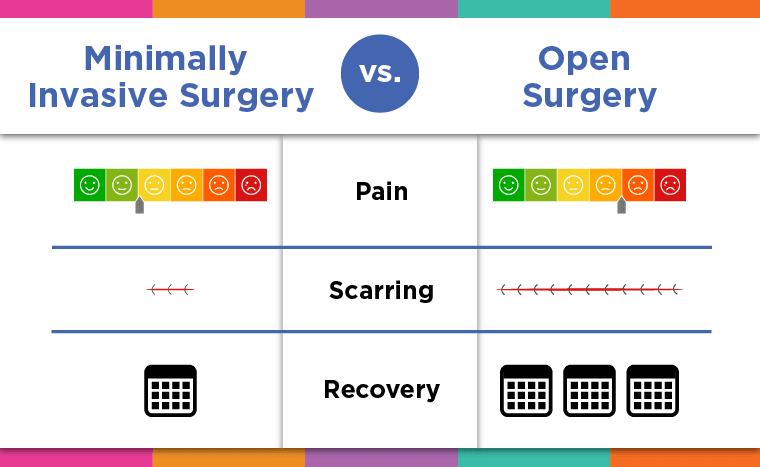Minimally Invasive Pediatric Urology Surgery
Our Pediatric Urology Locations in Chicago and South Suburbs
Request an Appointment
We are currently experiencing a high volume of inquiries, leading to delayed response times. For faster assistance, please call 773-702-6169 to schedule your appointment.
If you have symptoms of an urgent nature, please call your doctor or go to the emergency room immediately.
By submitting this form you acknowledge the risk of sending this information by email and agree not to hold the University of Chicago or University of Chicago Medical Center liable for any damages you may incur as a result of the transfer or use of this information. The use or transmittal of this form does not create a physician-contact relationship. More information regarding the confidentiality of this request can be found in our Privacy Policy.
* Indicates required field

Second Opinion
We provide a second opinion on the diagnosis or treatment plan of your child’s urologic conditions.

Clinical Trials
We working to refine current minimally invasive surgical procedures and to explore new innovative surgical techniques for urology conditions.


